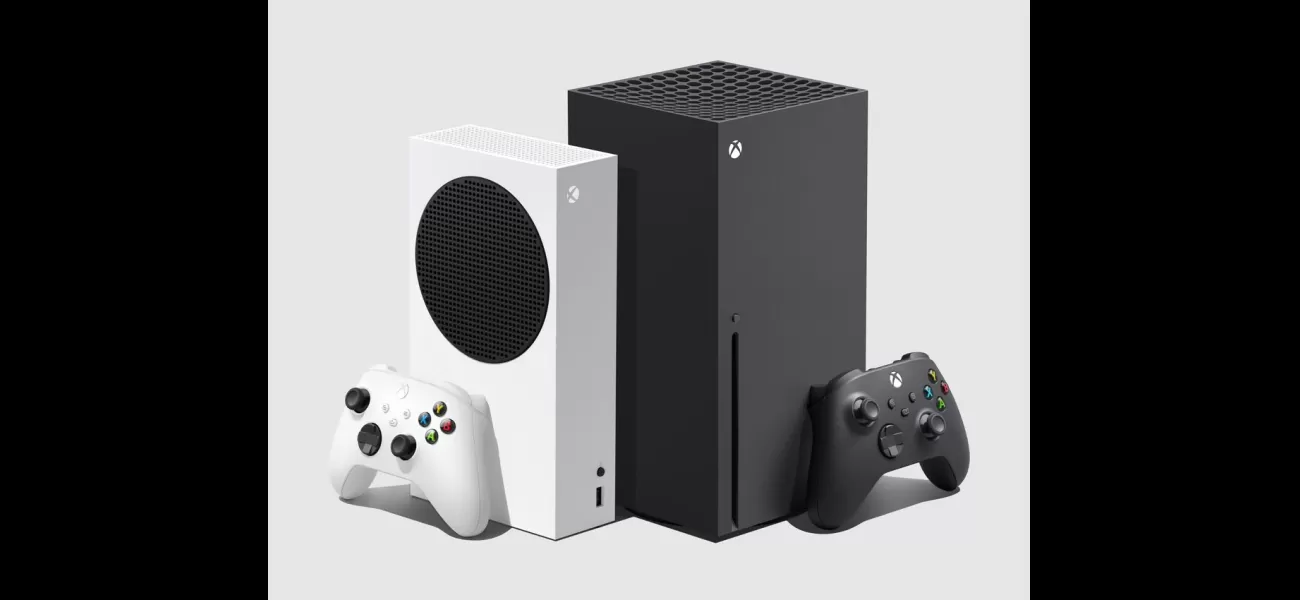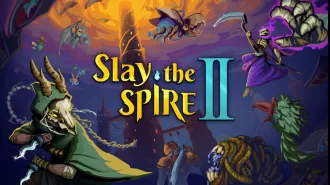Xbox departing the gaming industry would benefit all.
Reader doubts Microsoft won't leave game industry, but wouldn't be disappointed if they did.
September 23rd 2023.

I've been trying to make sense of the recent leaks from Microsoft, and the information I've uncovered is both enlightening and concerning. It seems that Xbox boss Phil Spencer is rather arrogant; in one email, he claims to know better than Nintendo, assuming that they will eventually come around to his way of thinking. In another, he threatens to leave the games industry if their targets for Games Pass subscribers aren't hit.
I don't believe the threats of leaving the industry should be taken seriously, but I won't lie and say I wouldn't be upset if they did. After all, Microsoft has a long history of being a destructive force in the industry, with their attitude towards gaming often being indifferent. This was evident from early on, when they gave their first console the codename Midway – a reference to the US battle against the Japanese – and when they admitted they were only entering the games industry to stop Sony from ‘taking over the living room.’
The near collapse of the Japanese development community in the Xbox 360 era was no coincidence, but rather a result of Microsoft pushing American studios and software technology while sidelining Sony allies. The Xbox One was heavily focused on digital-only, always-online gaming, which was thankfully rejected by the public.
Going into the current generation, Microsoft has been buying up publishers for huge amounts of money, seemingly indifferent to the side effects this will have. They have also been acting aggressively towards anyone that challenges them, and their long history of poor management has caused several of the smaller developers they own to grind to a halt.
Microsoft's approach has been incredibly damaging, and their strategy of buying up huge cornerstones of the industry goes against the more sensible and sustainable approach of buying small or medium-sized studios and turning them into what they need.
You might argue that Sony or Google would be worse, but at least they have not made any purchases that are anywhere near as disruptive as Microsoft. Sony have followed Nintendo and Sony’s approach of buying small studios, while Google and Amazon have yet to make any purchases that would suggest they would act any differently.
In the end, we shouldn't have favourites when it comes to soulless corporations, but I can't help but feel that Microsoft is a much more malign influence on the games industry than Sony or Nintendo. There are lots of counters to these arguments, but to my mind they’re easily refuted. Microsoft has not proven that their approach works, and I certainly wouldn't shed a tear if they were to quit before the next generation.
I don't believe the threats of leaving the industry should be taken seriously, but I won't lie and say I wouldn't be upset if they did. After all, Microsoft has a long history of being a destructive force in the industry, with their attitude towards gaming often being indifferent. This was evident from early on, when they gave their first console the codename Midway – a reference to the US battle against the Japanese – and when they admitted they were only entering the games industry to stop Sony from ‘taking over the living room.’
The near collapse of the Japanese development community in the Xbox 360 era was no coincidence, but rather a result of Microsoft pushing American studios and software technology while sidelining Sony allies. The Xbox One was heavily focused on digital-only, always-online gaming, which was thankfully rejected by the public.
Going into the current generation, Microsoft has been buying up publishers for huge amounts of money, seemingly indifferent to the side effects this will have. They have also been acting aggressively towards anyone that challenges them, and their long history of poor management has caused several of the smaller developers they own to grind to a halt.
Microsoft's approach has been incredibly damaging, and their strategy of buying up huge cornerstones of the industry goes against the more sensible and sustainable approach of buying small or medium-sized studios and turning them into what they need.
You might argue that Sony or Google would be worse, but at least they have not made any purchases that are anywhere near as disruptive as Microsoft. Sony have followed Nintendo and Sony’s approach of buying small studios, while Google and Amazon have yet to make any purchases that would suggest they would act any differently.
In the end, we shouldn't have favourites when it comes to soulless corporations, but I can't help but feel that Microsoft is a much more malign influence on the games industry than Sony or Nintendo. There are lots of counters to these arguments, but to my mind they’re easily refuted. Microsoft has not proven that their approach works, and I certainly wouldn't shed a tear if they were to quit before the next generation.
[This article has been trending online recently and has been generated with AI. Your feed is customized.]
[Generative AI is experimental.]
0
0
Submit Comment





